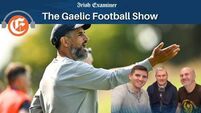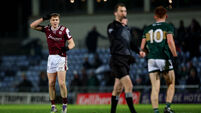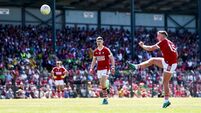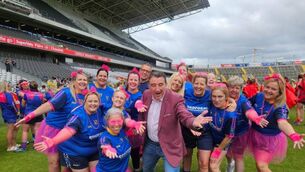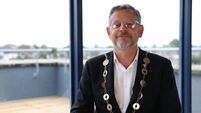The PM O'Sullivan Interview: A father’s hug simplified everything for Oliver Gough
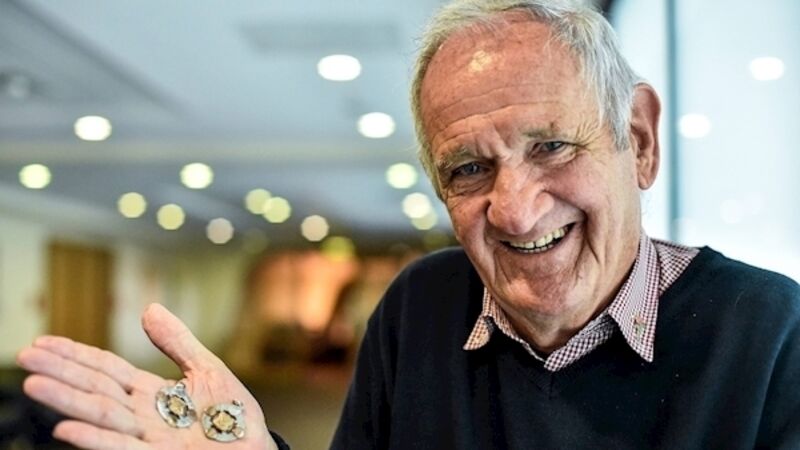
Oliver Gough is the last man to win senior All-Ireland hurling titles with two different counties. Two with Wexford, one with his native Kilkenny. He won a Poc Fada too and became a scratch golfer. His father was a close confidante of Michael Collins. Oliver Gough has been waiting a long time to tell his story. He tells it now, from an oncology ward in Naas, even at an immensely difficult time due to illness.
Oliver Gough is not well at all. This unrecognised number comes up on my phone. Liz Foster-Murphy, his partner, is kind enough to ring, following up. The day before, I finally got the correct mobile. His voice was not strong on the line: “I’m in hospital, I’m afraid, and too tired to meet. Maybe give me a ring next week…”







